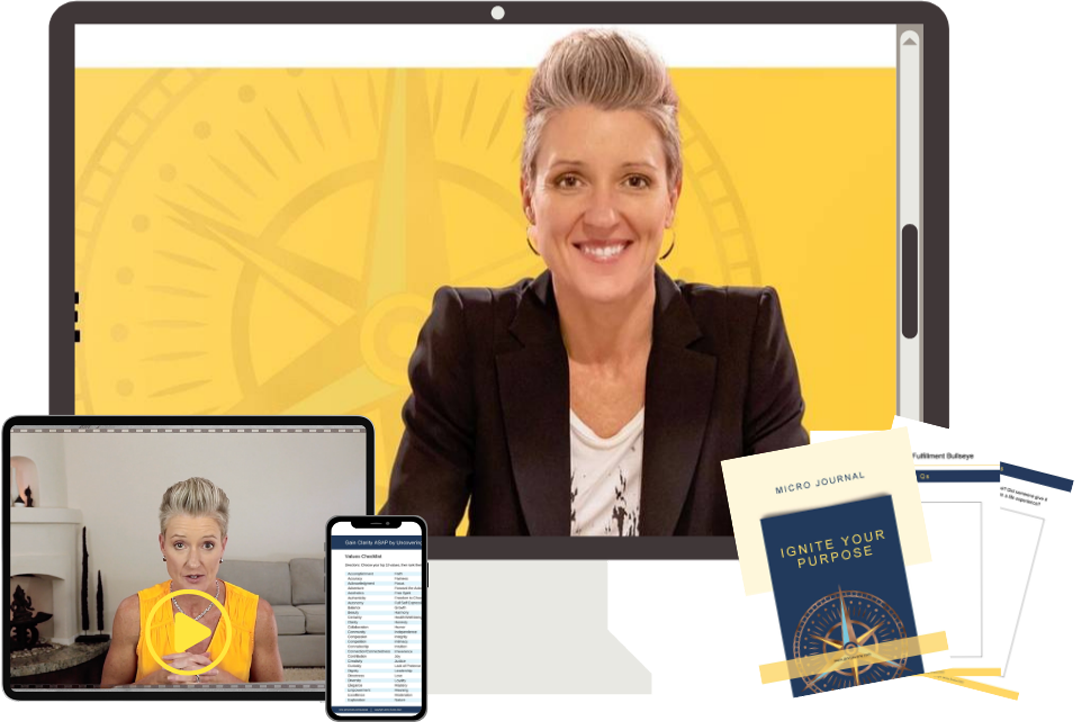Less Fat, Less Stress: Who Wants In?
Feb 19, 2012 When it comes to calorie intake, the message often revolves around total taken in - as long as you consume fewer calories than you burn, you will reduce body fat. Unfortunately, calories in/calories out is not all there is to the equation as timing plays a critical role in body fat and resiliency.
When it comes to calorie intake, the message often revolves around total taken in - as long as you consume fewer calories than you burn, you will reduce body fat. Unfortunately, calories in/calories out is not all there is to the equation as timing plays a critical role in body fat and resiliency.
In my work with people over the last 20+ years, this is what I'll often see clients do in an attempt to lose weight: Scenario 1: Skip breakfast (thinking it's a great way to create a calorie deficit right off the bat) and just drink caffeine, eat a moderate size lunch, go all afternoon without eating anything, then eat a huge dinner without going over their calorie count for the day. Scenario 2: Skip both breakfast and lunch to really create a calorie deficit, get through the day with caffeine, and eat a huge dinner.
You might not find anything wrong with these strategies, but there are a multitude of negative things happening:
1) Starting the day with no fuel puts you into fat storage mode. The stress of having to function with no fuel puts the body into survival mode and releases stress hormones. These stress hormones make you crave sugar and fat in addition to storing as much fat on the body as possible.
2) Large amounts of caffeine trigger the release of adrenaline, a stress hormone. Again, a major goal of stress hormones are to make you hungry for fat and sugar and to store as much energy (fat) as possible. A double whammy at this point.
3) If lunch is eaten, much of it is stored as fat. Even if willpower is still strong at lunch and only a moderate amount is eaten, the body is in fat storage mode (see #1 and #2) and a good amount of what is eaten is stored away around your waistline. The stress hormone cortisol is very particular about storing fat around the midsection. Fat around your waist raises the risk of cardiovascular disease, diabetes, certain forms of cancer and even stroke.
4) Going all afternoon without eating puts your body into fat storage mode again. Once all the energy of lunch has been used and nothing more is added, glucose (energy) levels drop and the stress hormones are released. Putting the body into fat storage mode. Again.
5) Dinner is trouble. Hunger is at an all time high and the thinking is that not much food has been eaten throughout the day, so this meal can be a big one. A large meal is eaten while the body is in fat storage mode, depositing more fat around the midsection.
6) Overeating at meals places stress on the body. Large amounts of glucose (energy from food) requires large amounts of insulin to be released in order to process it. Regularly requiring the pancreas to secrete large amounts of insulin places it under stress. In addition, excess fat is a stress on the body, and as body fat increases insulin sensitivity decreases. As a result, the pancreas has to try even harder to produce enough insulin, and decreased insulin sensitivity leads to diabetes.
7) Each time the body has gone into fat storage mode it has needed to find an alternative source of energy. This alternative source is stored protein from your muscles. Losing muscle mass shows up as "weight lost" on the scale, but it's the last thing you want to lose as muscle mass is what keeps your metabolism running strong. Lose muscle mass, your metabolism slows and you gain more fat.
8) You are physiologically stressed for most of the day. Not only is the body releasing stress hormones to make you physically stressed, you are HANGRY many times throughout the day: snapping at co-workers or loved ones, zero patience, and are just plain crabby. Intense levels of hunger are also interfering with your productivity and focus.
Only paying attention to calorie intake is not enough. Timing matters. Of your total calorie intake, spread it out throughout the entire day by eating small meals and snacks. You'll stop the release of stress hormones related to drops in glucose, stay out of fat storage mode, preserve muscle mass and have better levels of focus and productivity throughout the day.


